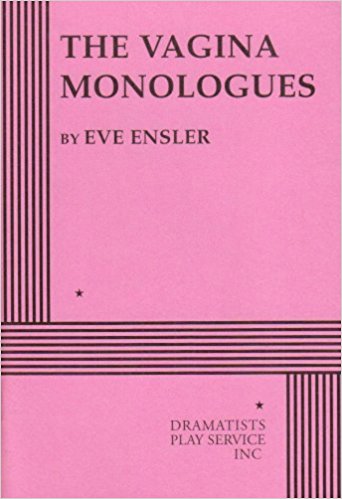By Katie Sittig-Boyd
Staff Writer
This is that beautiful time of year where students everywhere are stressing over applications for summer jobs, internships, and research programs. While there are a lot of great opportunities for students to get in-field experience, whether it is in communications, computer science, or chemistry, the application process can be stressful.
Although filling out these applications can be tedious, a lot of the information is repetitive. GPAs don’t change, and transcripts are immutable at this point in the semester—personal information is going to stay static.
But then comes the part of the application that, in some variation on the following words, asks, “Why do you want this position? Please write an obscenely long description of yourself that encompasses the following: personal qualifications, goals, and how this position will ultimately help you become a powerful world leader.”
Of course, that prompt isn’t verbatim. But, to many students, it is the most dreaded part of any application. There’s good reason for this: it is one of the least clear-cut aspects of the application as a whole, and there are a lot of opportunities for it to go wrong.
While personal statements vary widely by field, there are a few key components that should be present whether you are trying to get an internship performing data analysis for Twitter or want to get involved in children’s media production.
Since many personal statements have restrictions on how long they can be, measured either by word count or page length, it is of utmost importance to convey all relevant information in as dense a format as possible.
Though it may be tempting to start with a charming childhood anecdote, it may be too far removed from the subject at hand to be pertinent. Try to stick to an opening statement that is grounded in the present.
Then, right away, mention specific interests. For instance, communications students could specify the specific track in communications they want to explore more, whether this is visual media, web design, or another intriguing field.
A good next step is to mention experience. This is a worrying part for many applicants who may be caught in the unfortunate limbo between “has no experience” and “needs experience to get experience.”
In-class work and extracurricular activities are great to mention here, since they can highlight student leadership, initiative, and creative problem-solving skills.
For students who are applying for summer research programs and have already participated in research, focus on mentioning skills gained from prior experience, particularly how it may have impacted your current research interests.
However, many students will be applying for research programs without having done prior research. In this case, mentioning your specific interests in the field and why you find them intriguing is beneficial. The more background knowledge you can showcase, the better.
That said, one challenging part of writing a personal statement is knowing how much of it is, well, personal. Particularly in more “technical” fields, such as math, statistics, IT, and various sciences, personal statements often allude to research that has already been done in that field.
Even if a personal statement alludes to this sort of research, it is important not to cite it the way you might write a paper. The purpose of a personal statement is to show knowledgeability in a particular field, internship, or research topic, and explain why your own personal interests align with the needs or requirements of the program.
While alluding to other researchers in the field may show depth of knowledge, there is no need to include a bibliography.
Ultimately it is important to emphasize your own background and interests. It may be fantastic to be able to write the 500-word equivalent of an in-depth research paper, but the only thing that tells a potential employer or research mentor is that you can write very short papers on a subject.
Instead, take the majority of the personal statement to define your goals and how the program will meet them. Mention why you are interested in the position and why you would be a good fit.
Sometimes this involves a little creativity, especially if it seems that your experience is lacking or you are applying to a position that is more of a “safety” or “backup.” See if the position has information on its website or social media that you can mention, and connect it back to your interests, goals, or personal skills in some way.
Having program-, internship-, and position-specific information is crucial. “One size fits all” statements only go so far, especially since it is often easy to tell that they are meant to be a broad personal statement, rather than one tailored to a particular application.
That said, it is definitely possible to copy and paste portions of your personal statement; just make sure the reasons you want a position are specific to that position.
After you have written an initial draft, consider having a mentor, professor, or other student read it, just to make sure that all of the paragraphs flow together logically, that all– prompts are thoroughly addressed, and that you are not accidentally submitting the entirety of your organic chemistry lecture notes in lieu of a personal statement.
Once your personal statement is polished, edited, and ready to submit as part of your application, congratulate yourself, and then start working on the next one. That Google PR internship isn’t going to get itself—although maybe if you develop a fascinating new artificial intelligence algorithm, someday it might.




















